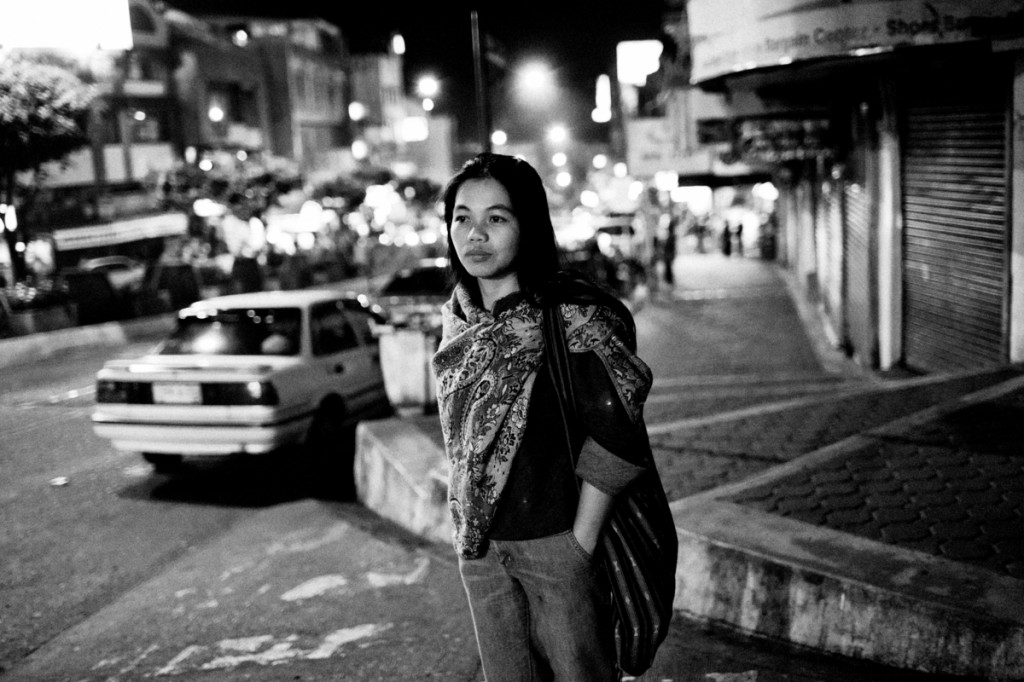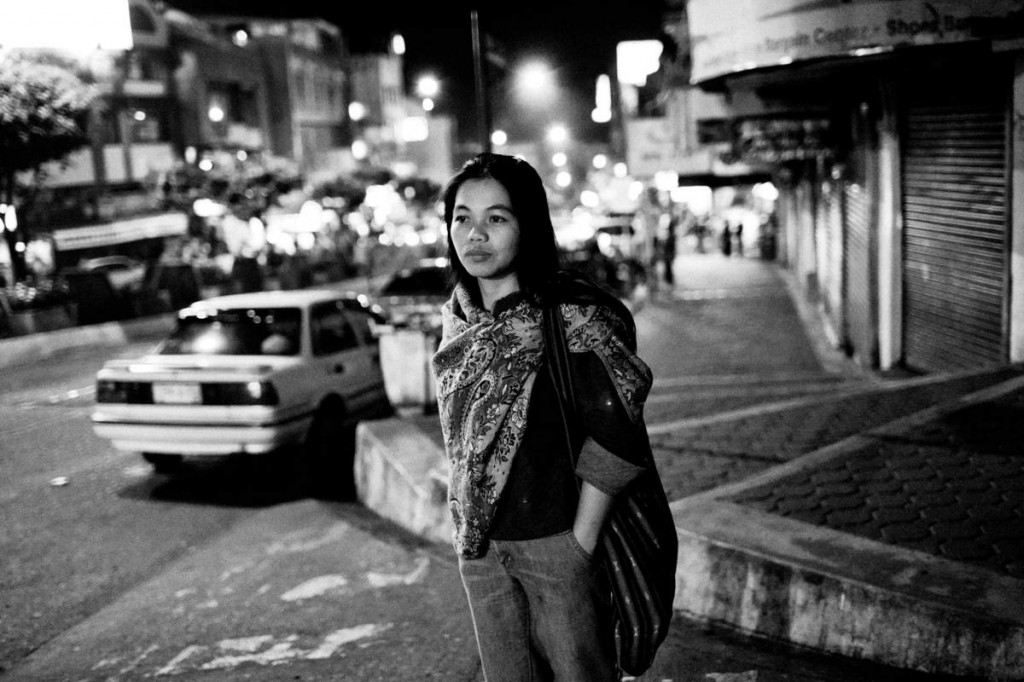By DESIREE CALUZA

BAGUIO CITY— Florence “Dom-an” Macagne Manegdeg and her nun friend took a walk of faith to government agencies in the hope that the murder case she filed against the perpetrators of her husband’s killing would be reopened and investigated.
Last May, Manegdeg submitted letters to Commission on Human Rights chairperson Loretta Ann Rosales and Justice Secretary Leila De Lima, saying both agencies have been resolute in probing cases of human rights violation.
Manegdeg said her husband’s case was just one among the many cases of extrajudicial killings, but she said she would not stop fighting for justice.
Jose “Pepe” Manegdeg, a human rights activist and coordinator of Rural Missionaries in the Philippines in the Cordillera and Ilocos, was shot dead in San Esteban, Ilocos Sur in November 2005.
Manegdeg attached to the letters another letter which she submitted to President Benigno Aquino III on Dec. 10, 2010, containing an appeal for the reinvestigation of the case and a story by VERA Files that featured her story of struggle on seeking justice for her husband.
In her letter to Rosales, Manegdeg said she was pleased how the CHR obtained results in the investigation of the Jonas Burgos case, which tagged a military official in the abduction of the human rights activist.
In March, the CHR submitted a report to the Supreme Court tagging Maj. Harry Baliaga, who was with the Army’s 56th Infantry Battalion in Bulacan, as the principal suspect in Burgos’ abduction.
“I am coordinating with some volunteer lawyers for the follow-up of the case of my late husband. I have read the news updates about the case of Jonas Burgos and how your office has obtained results. I am hopeful that with continued cooperation with your agency and respective investigation and judicial agencies, we could come out with more evidence to pursue the case,” Manegdeg wrote.
She also asked Rosales to request for the latest investigation report of the National Bureau of Investigation and Philippine National Police “which have both promised to conduct investigations and reinvestigations,” and assistance to institute probe upon Maj. Joel Castro who was tagged by a witness as the assassin in her husband’s killing.
The Ilocos police tagged Castro, formerly a captain with the 50th Infantry Battalion, as the main suspect. The provincial prosecutor initially said Castro was accompanied by five other men during the attack, but he dismissed the case in 2007, citing the retraction made by the lone witness.
Castro was even promoted to major when the case was dismissed, according to Manegdeg.
As of press time, the Northern Luzon Command (NOLCOM) has not responded to this writer’s queries on Castro’s whereabouts and status.
“For info, initially your letter was routed to units/offices concerned for appropriate action,” Lt.Col. Rosendo Armas, NOLCOM spokesperson, said in an e-mail sent to this writer.
Weak witness protection
In her letter to De Lima, Manegdeg lamented that promoting a military official who was involved in human rights violation cases has become a trend and a culture in the military.
The widow asked the DOJ secretary to place the witness into the Witness Protection Program, reopen the case and assign a special prosecutor to the case, among others.
Manegdeg also told De Lima how the witness, a tricycle driver named Fenio Caceres, was able to identify the suspect. The police were able to come out with a cartographic sketch of the suspect based on the description of Caceres.
After the initial hearing of the case, the witness recanted his statement and the case against Castro was dismissed.
“It is possible that the witness retracted his statement out of fear. It is also possible that he was also threatened by the people or a person who were involved in this case. But during that time, he was positive in the identification of the suspect” lawyer Randy Kinaud, one of the lead counsels of Manegdeg, said.
Manegdeg said the prosecutor failed to learn why the witness recanted.
“If the witness protection program is strong in our country, I can say that the witness in Pepe’s killing will be very willing to speak up. For now, I can only say that the reason why he retracted was because he was threatened,” she said.
Fr. Jerry Sagayo, an Anglican priest who was a friend of Pepe, said their church could provide protection and sanctuary to the witness if he considered coming out again should the case would be reopened.
Fr. Albert Alejo, a peace talks consultant for the government panel, said the Catholic church was also willing to provide sanctuary to the witness under the wings of the Association of Major Religious Superiors, the same group which provided sanctuary to whistleblowers Rodolfo “Jun” Lozada and Heidi Mendoza.
“This is possible but we have to examine the case first to see how it can be done. I am also interested to meet with the Anglican priests who are willing to provide their own witness protection program,” Alejo said in a telephone interview.
(This story is part of the VERA Files project “Human Rights Case Watch” supported by The Asia Foundation and the United States Agency for International Development. )
